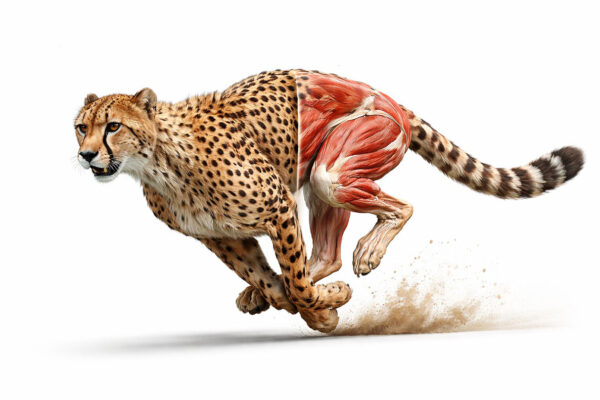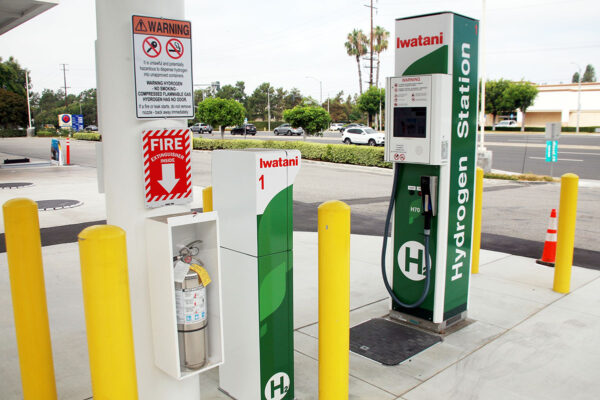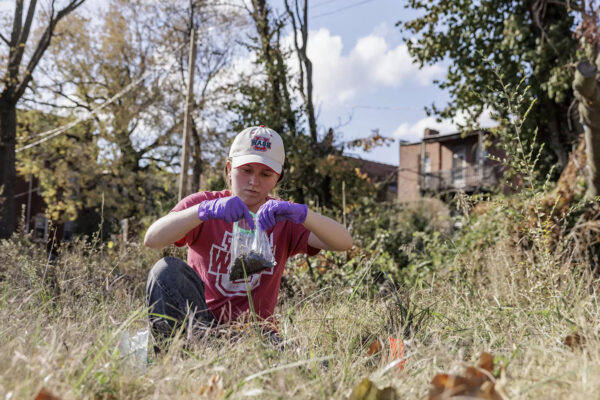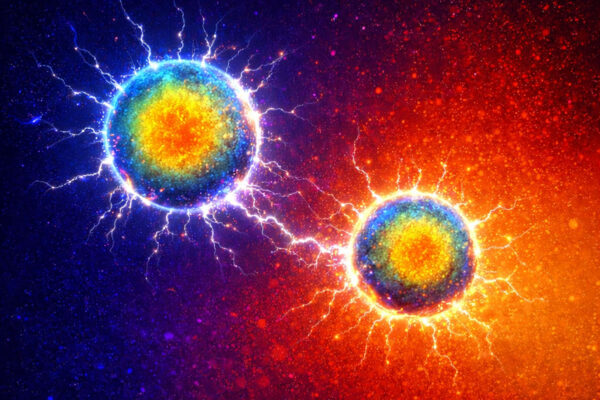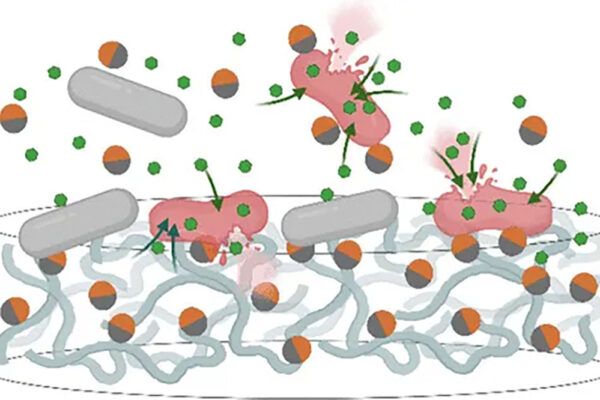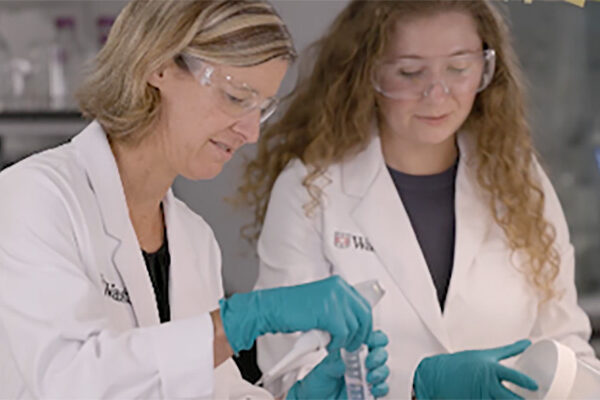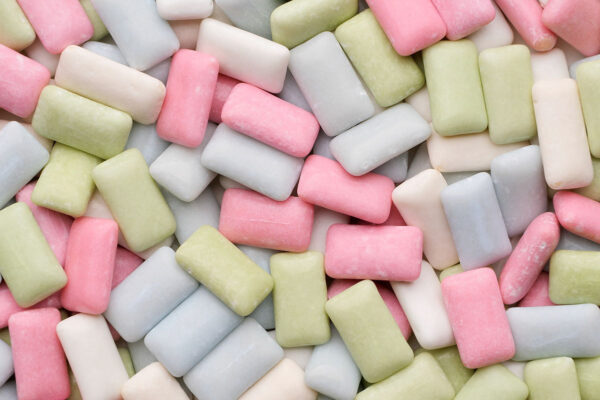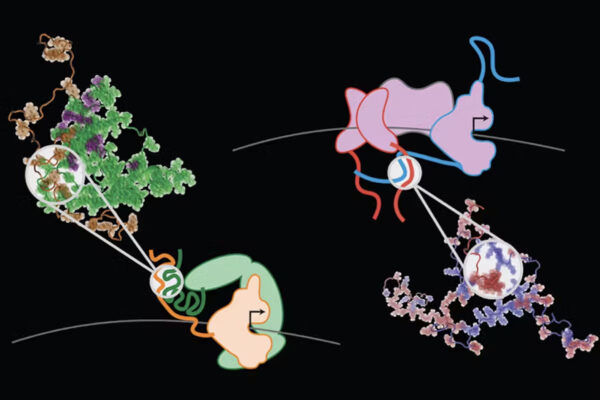Putting some ‘muscle’ into material design
Researchers at Washington University in St. Louis have developed muscle-inspired fiber materials for use in textiles, foods and biomedical applications.
Making hydrogen fuel cells ‘less precious’
WashU engineers are working to bring stability to iron components instead of using more expensive precious metals in fuel-cell technologies.
WashU faculty, students search for hidden hazard in tornado’s path
Researchers at Washington University in St. Louis are testing for elevated lead levels potentially kicked up in the destructive path of the 2025 tornado.
Tapping the engines of cellular electrochemistry and forces of evolution
Biomedical engineers at Washington University in St. Louis have outlined how properties of biological condensates may serve as engines to power electrochemical reactions at a microscale.
Exploring metabolic noise opens new paths to better biomanufacturing
Researchers at Washington University in St. Louis have determined the source of metabolic noise and harnessed it to benefit bioproduction in microbes.
Reviving antibiotics with two-faced nanoparticles
A team led by Yan Yu of Washington University in St. Louis developed a double-pronged approach to fighting antibiotic resistance.
Best defense? Invest in research
The McKelvey School of Engineering at Washington University in St. Louis has received several grants from the Department of Defense to support research into machine learning and energy storage.
A scientist’s ‘a-ha moment’
Alex Quillin, PhD ’25, talks about the day she looked through the microscope and realized what she and her fellow students discovered.
Alternative sweetener sorbitol linked to liver disease
A study from researchers at Washington University in St. Louis has found connections between the alternative sweetener sorbitol and liver disease.
Understanding intrinsically disordered protein regions and their roles in cancer
Researchers at Washington University in St. Louis have developed an algorithm to decode the language of intrinsically disordered regions of proteins and their roles in human cancers.
Older Stories
